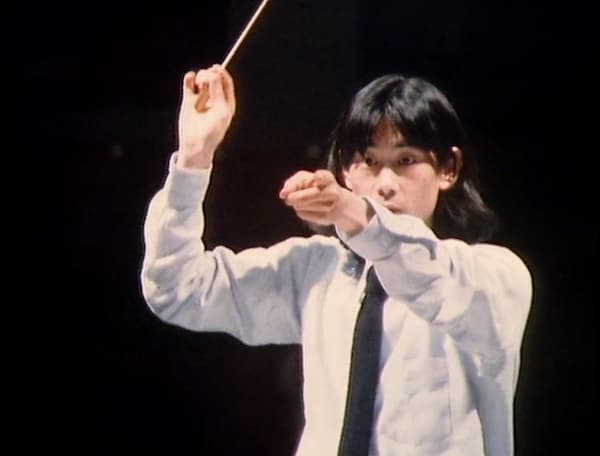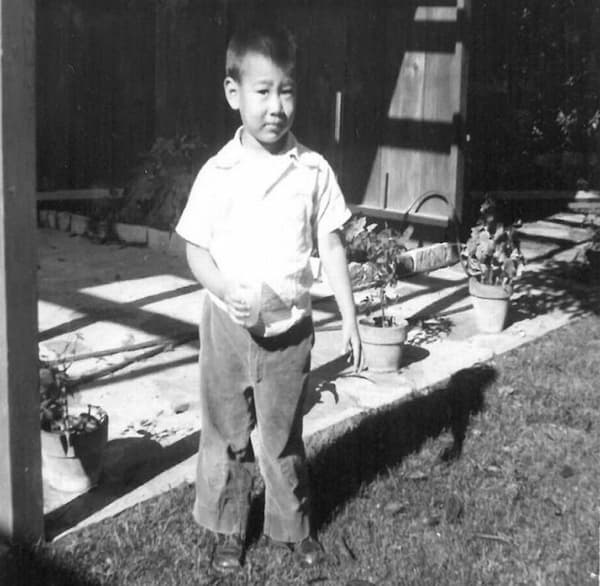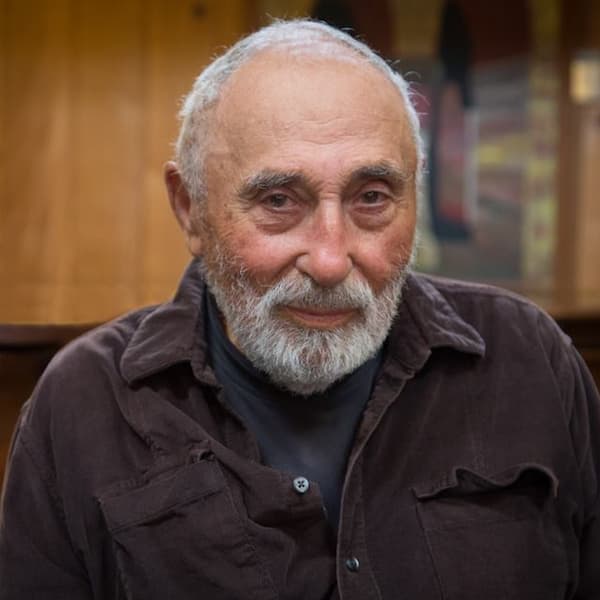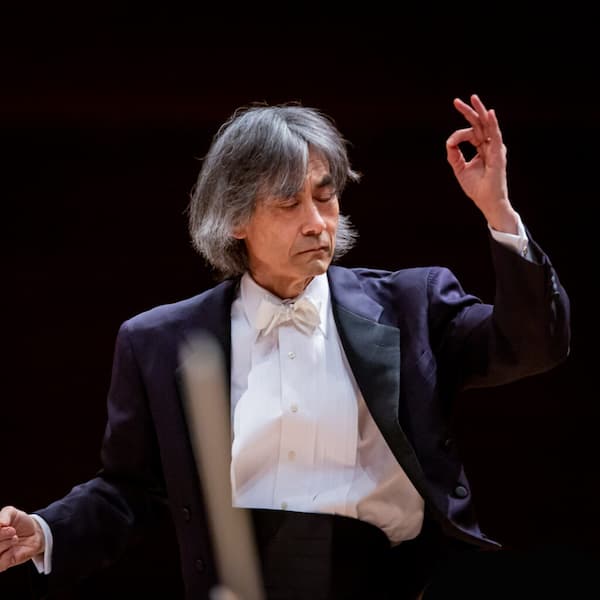American conductor and opera administrator Kent Nagano is renowned for interpretations of clarity, elegance, and intelligence. He excels at complex late nineteenth- and twentieth-century scores, and he is considered a Messiaen and Mahler specialist. Nagano is passionate about introducing concert and opera audiences throughout the world to new and rediscovered music and offering fresh insights into established repertoire. Nagano has worked with all major labels, and he was awarded Grammys for his recordings of Busoni’s Doktor Faust with Opéra National de Lyon, Prokofiev’s Peter and the Wolf with the Russian National Orchestra and Saariaho’s L’amour de Loin with the Deutsches Symphonieorchester Berlin.
Kent Nagano Conducts Ravel’s Daphnis et Chloé
Growing Up

The young Kent Nagano
Kent George Nagano was born on 22 November 1951 in Berkeley, California, but he grew up in the small community of Morro Bay, on the Central Coast of California. His grandparents immigrated to the United States at the end of the 19th Century and made a living as vegetable farmers. His father studied architecture and mathematics at the University of California, Berkeley, and his mother graduated from the same institution in microbiology and music.

Kent Nagano in July 1956
When his grandparents were unable to continue farming, his mother and father took over all agricultural duties. As Nagano wrote, “I am the child of artichoke farmers, who didn’t see his parents much as they were always in the fields.” Kent received first piano lessons from his mother at the age of 4. As Nagano writes in his autobiography, “my mother never wanted to raise a musical superstar, but music was simply an essential part of a humanist education.”
John Adams: Short Ride in a Fast Machine (Montréal Symphony Orchestra; Kent Nagano, cond.)
In A Small Town

Morro Bay
As Nagano explained in an interview, “we heard music in the house, and because I grew up in a very small town near the sea, far away from the metropolis centre, music became a very important role for two reasons: one, because we played music in the house all the time, so it was a way that a family became close together; and two, we were very much involved in the church, so there was a lot of music in the church.”
Music was clearly a big part of the community, “it was something like a language. It was something that was integrated into our entire lives, and you can say then that as a passion, music has been there since we were children. But also, it could be a kind of entertainment if there’s nothing to do in a small town: no shopping malls, no television, no discotheque… So instead, we played music for fun, chamber music for fun at home.”
Kent Nagano Conducts Messiaen’s Trois Petites Liturgies de la Présence Divine
Wachtang Korisheli

Wachtang (“Botso”) Korisheli
In 1957, Wachtang Korisheli, affectionately called “Botso” was hired to teach music in Morro Bay. He originally hailed from Georgia, and surviving displacement, war, and persecution, he settled in California. He studied piano at UCLA and pedagogy at the University of Santa Barbara. At any rate, he took over the musical education in Morro Bay, and Kent became his student and great admirer. Korisheli established a number of school orchestras, and Kent took viola and clarinet lessons in order to join.
Nagano continued his instruction with Korisheli for a number of years, but once he entered High School, everything changed. Music was no longer the focal point in his life, although he held on to his dream of becoming a musician. When he graduated in 1967, he “was a good but by no means an exceptional pianist, and he enrolled at the University of California at Santa Cruz to study sociology and music.”
Unsuk Chin: Rocana (Montréal Symphony Orchestra; Kent Nagano, cond.)
Conducting

Kent Nagano
During his University studies, Nagano took piano lessons with Goodwin Sammel and composition and theory with Grosvenor Cooper. Nagano credits them with teaching him about the importance of sources and awakening his interest in conducting. As he remembers, “I began to conduct because I was studying composition, and many of my fellow students, composition students, one or two had their pieces performed.”
As Nagano was also playing and working in the school orchestra, it was easy to assemble groups of musicians. “We did some reading and eventually a performance of some of my friends’ works.” More and more friends asked him to conduct performances, and Nagano remembered, “So it was a very slow and not very glamorous way to begin conducting.” Although he originally planned to become a concert pianist, “One day I just realised that I was doing an awful lot of conducting.”
For more of the best in classical music, sign up for our E-Newsletter

Joaquín Rodrigo was born today too.